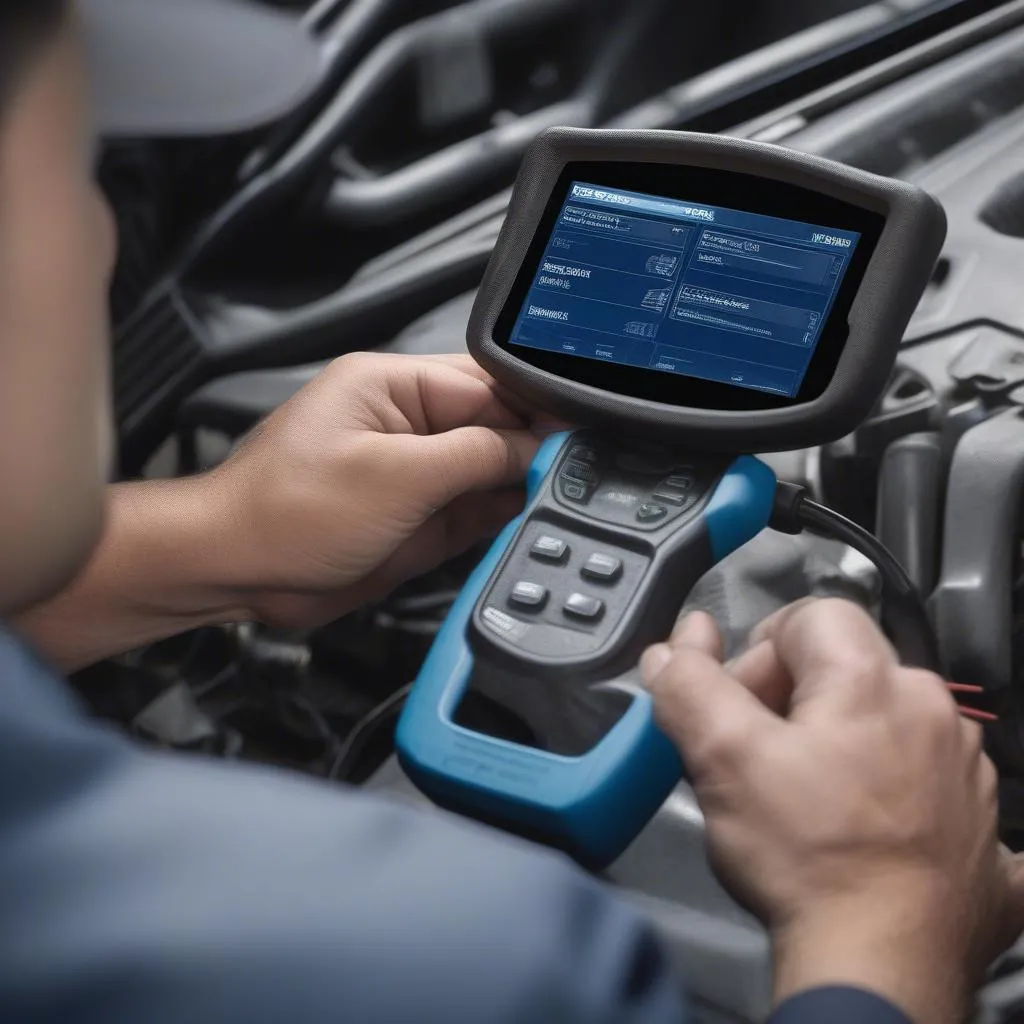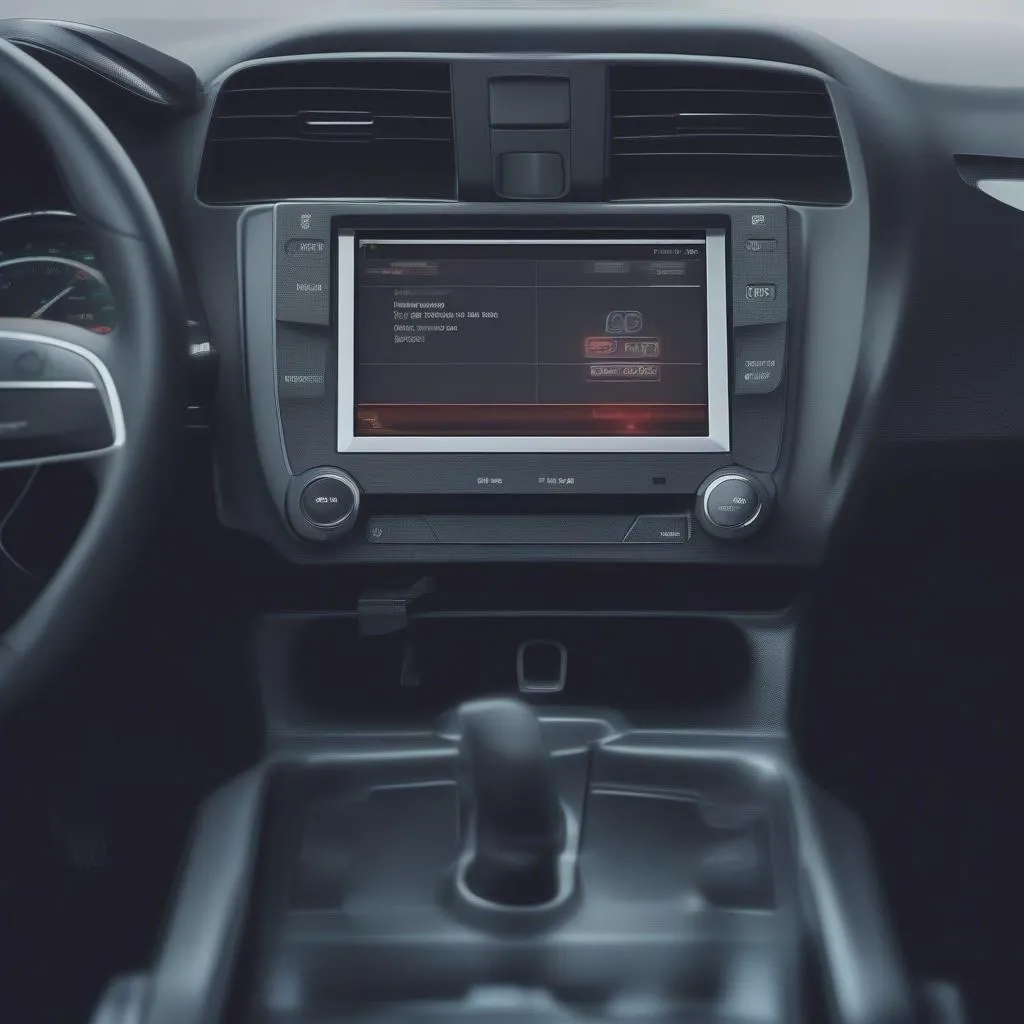You’re under the hood, wrench in hand, and you’ve just plugged in your trusty scan tool. The screen lights up, revealing a confusing array of codes. But wait, what exactly does “DTC” stand for? It’s like a cryptic message from the car itself!
Don’t worry, you’re not alone. Many car owners and even mechanics have encountered this question. Today, we’ll delve into the world of DTCs and unravel their mysteries.
Understanding DTCs: A Deep Dive
What Does DTC Stand For?
DTC stands for Diagnostic Trouble Code. These codes are like the car’s language, letting you know what’s wrong beneath the hood. Think of it as a detailed message from the car’s internal computer to the technician.
DTCs provide valuable insights into a vehicle’s health, helping mechanics identify and diagnose problems efficiently. It’s a crucial aspect of modern automotive diagnostics.
Decoding the DTC Language
Breaking Down a DTC Code
A typical DTC code consists of a series of letters and numbers, usually in this format: P0123.
- P: Indicates a powertrain-related issue.
- 0123: Represents the specific code for the problem.
Common Types of DTCs
- P Codes: Powertrain related (engine, transmission, fuel system, etc.).
- B Codes: Body related (interior features, lights, etc.).
- C Codes: Chassis related (suspension, brakes, etc.).
- U Codes: Network related (communication errors between modules).
Interpreting DTCs
The Power of Your Scan Tool
A scan tool is your gateway to understanding DTCs. Using it, you can access the car’s computer and retrieve the stored codes. This provides a snapshot of the car’s health and helps you identify potential issues.
Finding Information Online
You can find detailed information on DTC codes online. Websites like Diag XCar (you can find this information on Diag XCar by searching “DTC codes”), AutoZone, ALLDATA, and Repair Manuals can help you interpret the meaning of the code and the corresponding repair procedures.
Importance of Accurate Diagnosis
It’s essential to use a reliable scan tool and consult reputable sources for accurate diagnosis. Misinterpreting a DTC can lead to unnecessary repairs or worse, overlook a critical issue.
Frequently Asked Questions
Why Are My DTCs Showing Up?
DTCs can appear due to various reasons, including:
- Malfunctioning sensors: A faulty sensor can send incorrect signals to the car’s computer, triggering a DTC.
- Faulty wiring: Damaged or corroded wiring can disrupt the communication between the car’s computer and its components.
- Faulty components: A defective part (like a spark plug or oxygen sensor) can lead to problems and trigger a DTC.
How Can I Clear DTCs?
Once you’ve addressed the underlying issue, you can use your scan tool to clear the DTCs. This will reset the car’s computer and erase the stored codes.
What If DTCs Keep Appearing?
If DTCs persist even after you’ve tried to clear them, it suggests a more serious problem. It’s important to consult a qualified mechanic to diagnose and repair the issue.
What Are Some Examples of Common DTCs?
Here are some examples of common DTC codes:
- P0171: Fuel system too lean (bank 1). This code indicates that the engine is running lean, which can be caused by a faulty oxygen sensor, fuel injector, or air leak.
- P0300: Random/multiple cylinder misfire detected. This code suggests that one or more cylinders are not firing properly, which can lead to a loss of power, rough idling, and increased emissions.
Navigating Your Car’s Inner Workings
Understanding DTCs is a key step in keeping your car running smoothly. By equipping yourself with knowledge and the right tools, you can decipher the language of your car and stay one step ahead of potential problems.
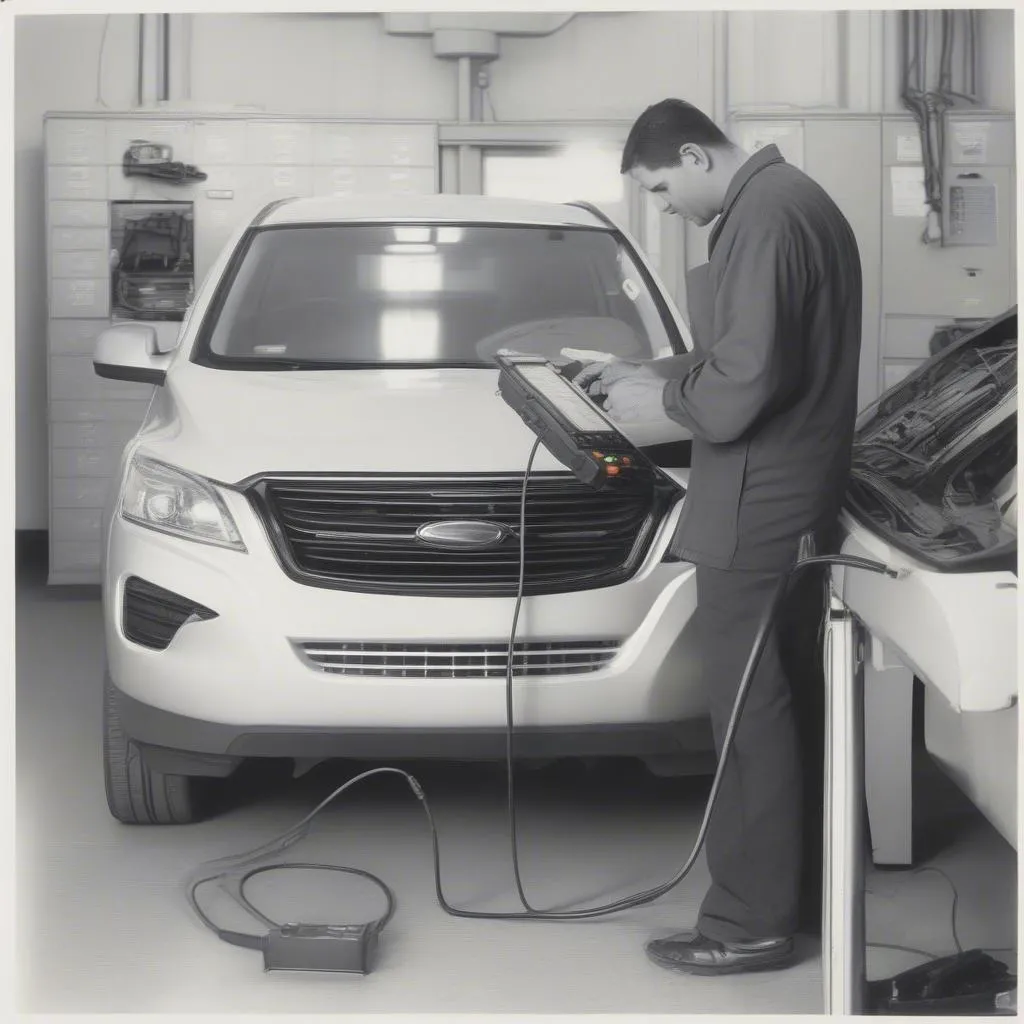 scan-tool-codes
scan-tool-codes
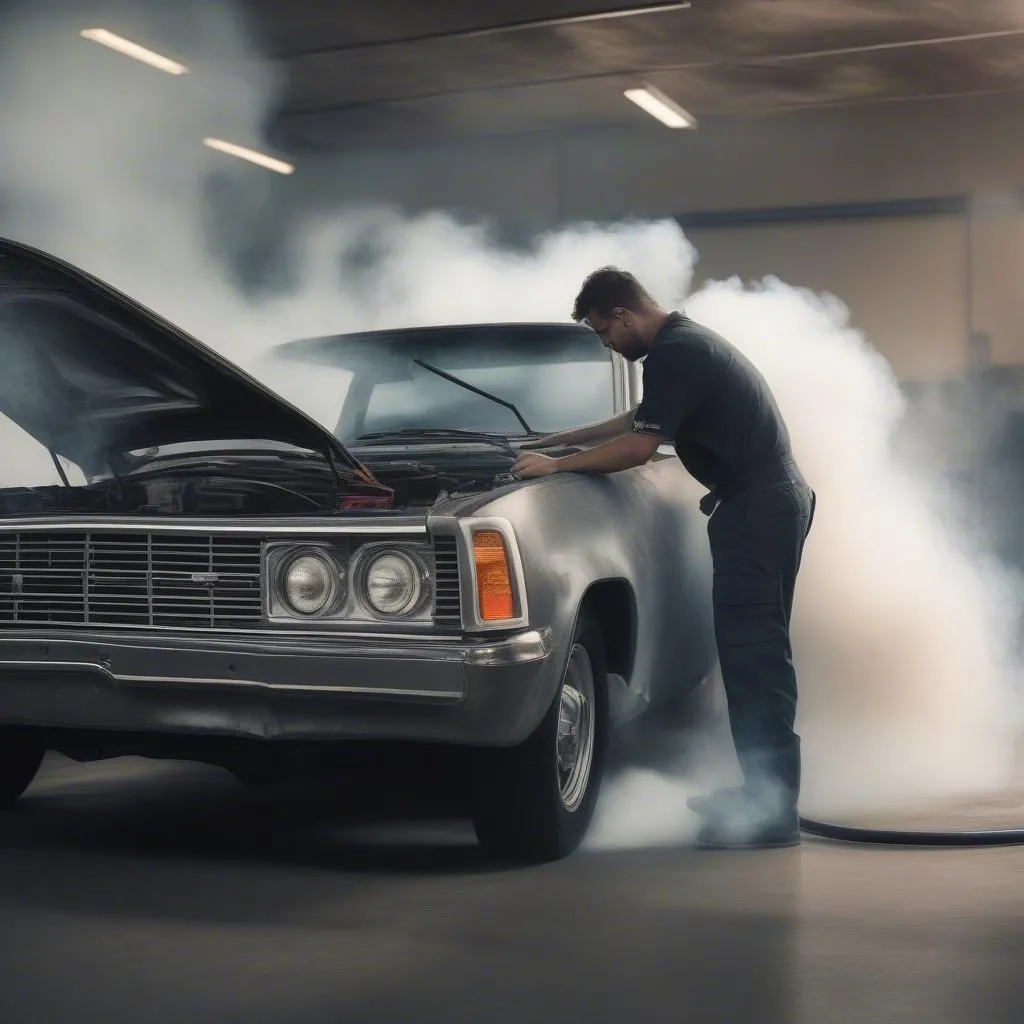 car-engine-problem
car-engine-problem
Need Help?
If you need further assistance with understanding DTCs or have questions about your scan tool, don’t hesitate to reach out. We’re here to help! Contact us on Whatsapp: +84767531508. Our team of experts is available 24/7 to provide support and guidance.
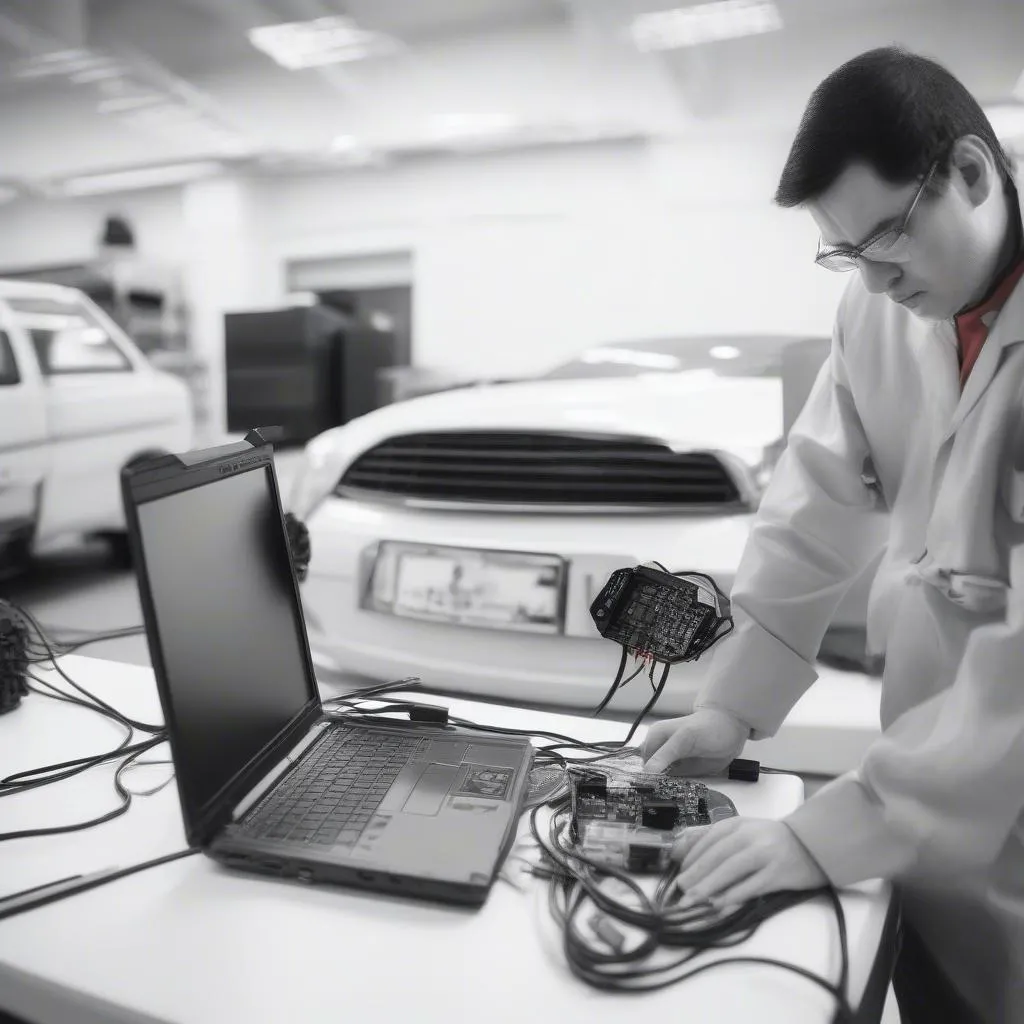 car-diagnostics
car-diagnostics
Keep Learning
For more information, check out our other articles:
- What Does “PD” Mean on a Scan Tool?
- JPro Scan Tool
- Can-Am Outlander Scan Tool
- What is a VCDS Scan Tool?
- How to Use Your Scan Tool
Do you have any other questions about DTCs or diagnostics? Leave a comment below and let’s keep the conversation going!
